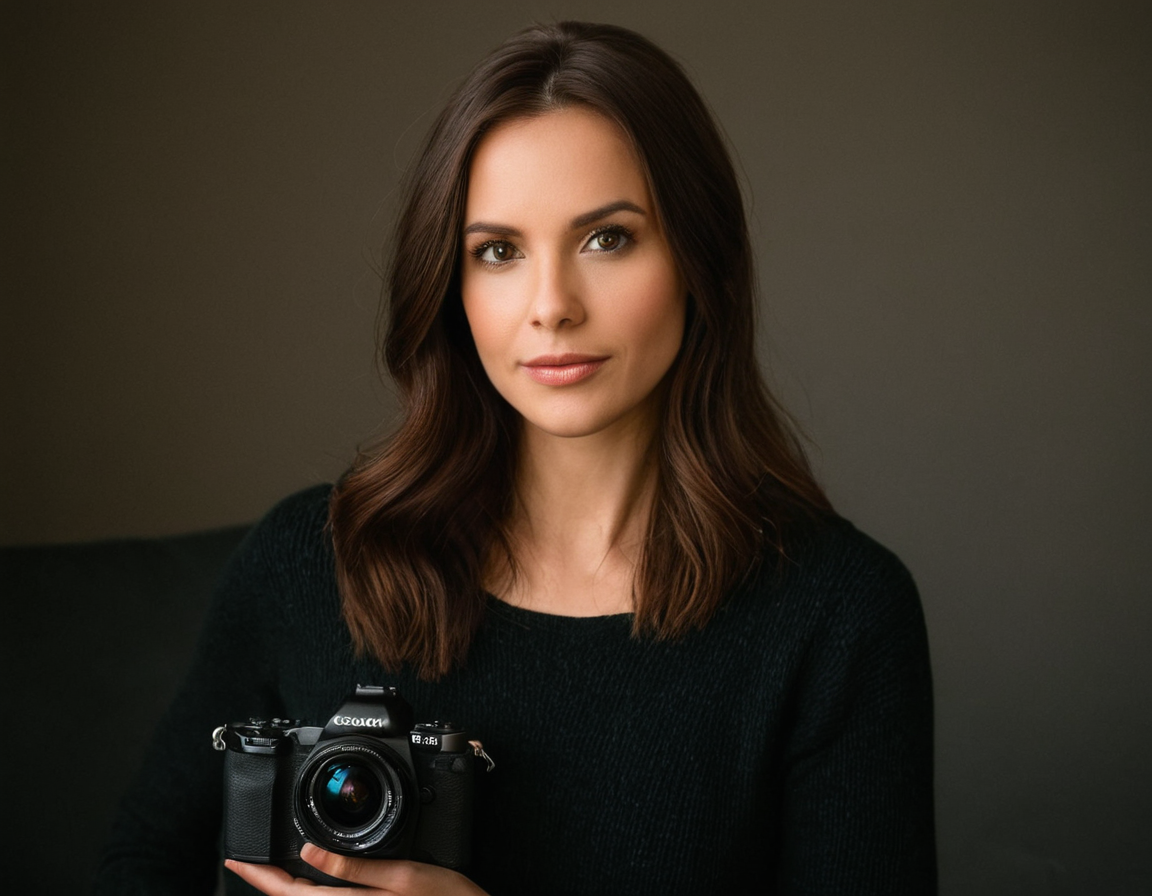Top Lenses: Best Camera Choices for Portraits

The Best Camera Lens for Portraits: A Comprehensive Guide
When it comes to capturing stunning portraits, the right camera lens can make all the difference. With numerous options available, selecting the perfect lens can be overwhelming. In this article, we will delve into the world of portrait photography and explore the best camera lenses for your needs.
Understanding Portrait Photography
Portrait photography is a specialized genre that requires attention to detail, creativity, and technical expertise. The primary goal is to capture a person’s likeness, personality, and character, while also conveying a specific mood or atmosphere. A good portrait photographer must understand their subject, the environment, and the technical aspects of the camera.
Camera Lens Types for Portraits
There are several types of camera lenses that can be used for portrait photography, each with its unique characteristics and advantages.
1. Prime Lenses
Prime lenses are considered some of the best options for portraits due to their exceptional sharpness, speed, and bokeh (out-of-focus area). They are typically fixed focal lengths, which makes them easier to use and more forgiving than zoom lenses. However, they can be bulky and expensive.
2. Zoom Lenses
Zoom lenses offer flexibility and convenience, allowing you to adjust the focal length to suit your subject and composition. While they can produce good results, they often compromise on sharpness and bokeh compared to prime lenses.
3. Macro Lenses
Macro lenses are designed for extreme close-up photography and are not typically used for portraits. They offer exceptional magnification but require a high level of technical expertise and specialized skills.
Key Features to Consider
When selecting a camera lens for portrait photography, there are several key features to consider:
- Aperture: A wide aperture (low f-stop number) allows more light in, creating a shallow depth of field and blurring the background. However, it can also introduce noise and reduce image quality.
- Image Stabilization: Optical image stabilization helps reduce camera shake and blur caused by hand movement or low light conditions.
- Lens Quality: A high-quality lens with good build, materials, and craftsmanship is essential for producing professional-grade images.
Practical Examples
Here are some examples of camera lenses that can be used for portrait photography:
- Canon EF 50mm f/1.2L USM: A fast and compact prime lens ideal for low-light portraits.
- ** Nikon AF-S Nikkor 85mm f/1.4G**: A high-end prime lens offering exceptional sharpness and bokeh.
- Tamron 90mm f/2.8-4 Di VC USD: A versatile zoom lens suitable for a range of portrait applications.
Conclusion
Selecting the best camera lens for portraits requires careful consideration of your needs, skill level, and budget. Prime lenses offer exceptional sharpness and bokeh, while zoom lenses provide flexibility and convenience. Understanding key features such as aperture, image stabilization, and lens quality is crucial for producing high-quality images.
The next time you step behind the lens, remember that a great portrait starts with the right equipment. What’s your favorite camera lens for portraits? Share your experiences in the comments below!
About Camila Rodriguez
Hi, I'm Camila Rodriguez, a seasoned photographer and blog editor passionate about inspiring creative minds. With a background in photography and a knack for crafting engaging tutorials, I help bring the best photography techniques and tools to life on lentecreativa.com.
